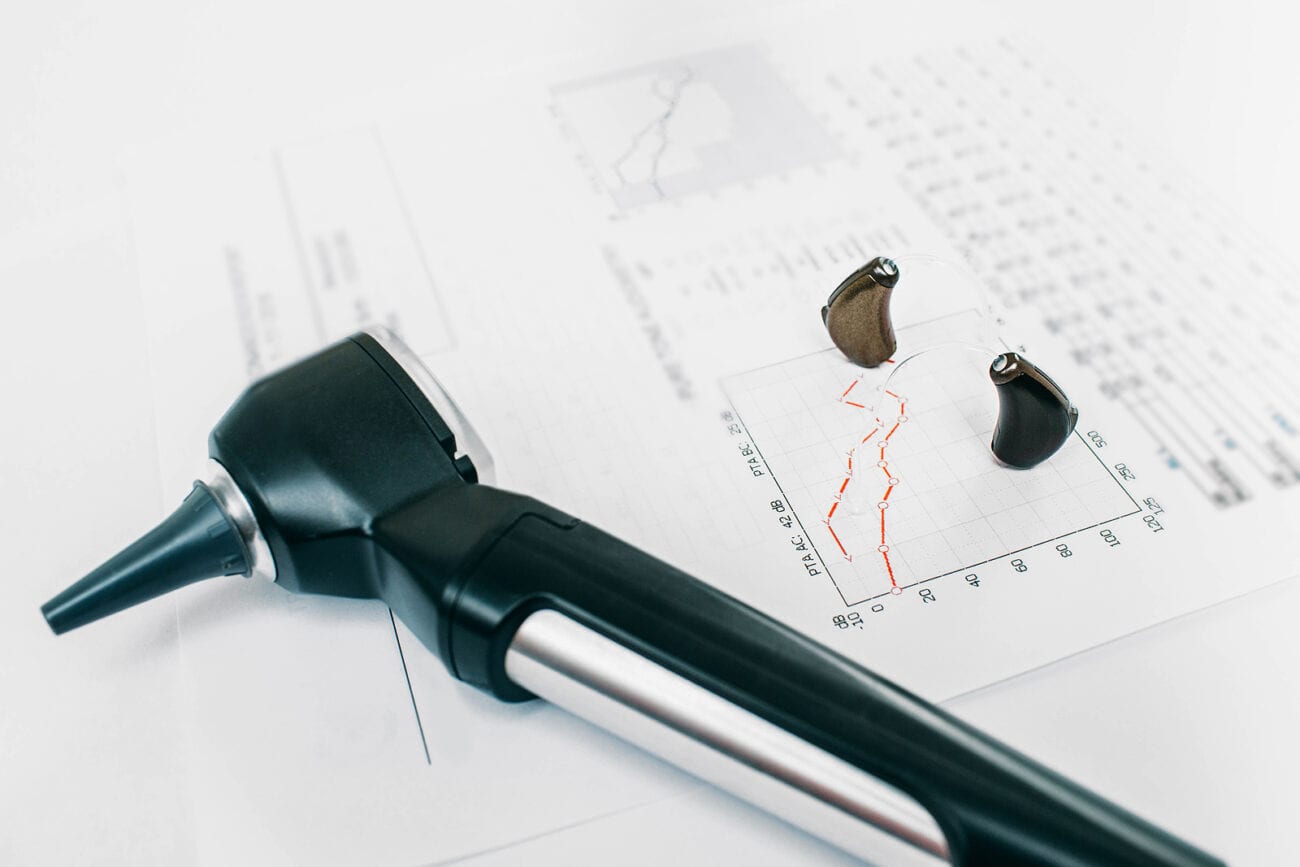- Everyday Sounds That May Be Making Your Tinnitus Worse - May 7, 2025
- The Hidden Dangers of Everyday Noise and How to Stay Safe - April 9, 2025
- World Hearing Day Serves as a Reminder to Prioritize Hearing Aid Maintenance - March 3, 2025
Hearing loss is a common condition that can develop gradually over time or occur suddenly, impacting an individual’s ability to perceive sounds and communicate effectively. One of the most frequently asked questions about hearing loss is, “How fast does it progress?” The answer to this question varies depending on several factors, including the underlying cause of hearing loss, individual health factors, and environmental influences. Let’s explore the factors that can affect the progression of hearing loss and what individuals can do to monitor and manage their hearing health effectively.
-
Type of Hearing Loss
The rate of progression of hearing loss can vary depending on the type of hearing loss an individual experiences. There are three main types of hearing loss: sensorineural, conductive, and mixed. Sensorineural hearing loss, which results from damage to the inner ear or auditory nerve, tends to be progressive and can worsen over time. Conductive hearing loss, which occurs due to problems in the outer or middle ear, may progress more slowly and can sometimes be reversed with medical intervention. Mixed hearing loss, which involves a combination of sensorineural and conductive components, may progress at varying rates depending on the underlying causes.
-
Underlying Causes and Health Factors
The underlying causes of hearing loss can significantly impact its progression. Age-related hearing loss, also known as presbycusis, tends to progress gradually over many years as a result of natural aging processes and cumulative exposure to noise. However, other factors such as genetics, medical conditions, medications, and lifestyle habits can also influence the rate of hearing loss progression. Individuals with certain health conditions such as diabetes, cardiovascular disease, or ototoxic medication use may experience accelerated hearing loss progression.
-
Noise Exposure
Exposure to loud noise is a significant risk factor for hearing loss and can accelerate its progression. Prolonged or repeated exposure to loud sounds, such as machinery, concerts, or firearms, can damage the delicate hair cells in the inner ear, leading to irreversible hearing loss. The intensity, duration, and frequency of noise exposure play a crucial role in determining its impact on hearing health. Individuals who work in noisy environments or participate in loud recreational activities should take precautions to protect their hearing, such as using earplugs or earmuffs.
-
Lifestyle Factors
Lifestyle factors such as smoking, diet, exercise, and overall health can also influence the progression of hearing loss. Smoking has been linked to an increased risk of hearing loss and may exacerbate its progression by compromising blood flow to the inner ear and causing oxidative stress. Conversely, maintaining a healthy lifestyle, including a balanced diet, regular exercise, and avoiding exposure to harmful environmental toxins, can help preserve hearing health and slow the progression of hearing loss.
-
Monitoring and Management
Regular monitoring of hearing health is essential for detecting changes in hearing function and assessing the progression of hearing loss over time. Individuals should undergo periodic hearing screenings, especially as they age or if they are at risk for hearing loss due to noise exposure or health conditions. If hearing loss is detected, early intervention and appropriate management strategies, such as hearing aids or assistive listening devices, can help slow the progression of hearing loss and improve communication abilities.
-
Prevention Strategies
Preventive measures can help mitigate the risk of hearing loss and slow its progression. Avoiding exposure to loud noise, using hearing protection in noisy environments, and practicing healthy lifestyle habits can help preserve hearing health and reduce the likelihood of developing hearing loss. Additionally, seeking prompt medical attention for ear infections, injuries, or other ear-related conditions can help prevent complications that may contribute to hearing loss.
The rate of progression of hearing loss can vary depending on various factors, including the type of hearing loss, underlying causes, noise exposure, lifestyle factors, and individual health factors. While some types of hearing loss may progress gradually over time, others may progress more rapidly or be reversible with medical intervention. Regular monitoring of hearing health, preventive measures, and early intervention are key to slowing the progression of hearing loss and preserving hearing health for the long term. By taking proactive steps to protect and monitor their hearing health, individuals can maintain optimal hearing function and quality of life.

